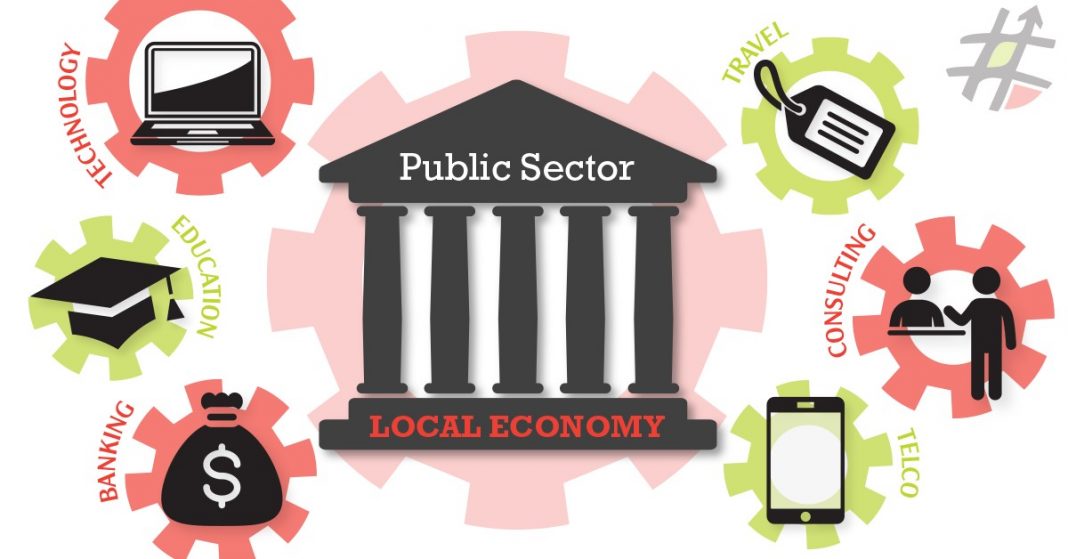Local authority procurement in the UK is a crucial process through which public sector organizations, such as councils and government bodies, purchase goods, services, and works to deliver essential services to their communities. The procurement process helps ensure that taxpayer money is spent efficiently and transparently. In this article, we’ll explore what local authority procurement is, its key components, the regulations governing it, and how businesses can get involved.

What is Local Authority Procurement?
Local authority procurement refers to the process through which local government bodies—such as city councils, county councils, and other public sector institutions—acquire the goods, services, and works needed to carry out their functions. This includes everything from buying office supplies to commissioning large infrastructure projects like roads, schools, and hospitals.
The aim of local authority procurement is to meet the needs of the public sector while ensuring that the process is fair, transparent, and offers the best value for money.
Why is Local Authority Procurement Important?
Local authority procurement plays a vital role in delivering services and infrastructure that communities depend on. Without an effective procurement process, public sector organizations may struggle to meet the needs of their communities, leading to inefficiencies, overspending, and potential public backlash.
Additionally, proper procurement ensures the responsible and ethical use of taxpayers’ money, compliance with relevant regulations, and supports the broader goals of sustainability, social value, and innovation.
Key Components of Local Authority Procurement
Local authority procurement can be divided into several key components:
1. Needs Assessment
Before any procurement begins, local authorities must conduct a needs assessment to understand the specific requirements of their community. This may involve consulting with stakeholders, such as service users, local businesses, and community organizations, to determine what goods, services, or works are needed.
2. Procurement Strategy
Once the needs are identified, a procurement strategy is developed. This strategy outlines how the procurement will be conducted, the budget allocated, timelines, and how success will be measured. The strategy also sets out whether the procurement will be open to all suppliers or if it will be restricted to specific suppliers based on certain criteria.
3. Tendering Process
After the strategy is in place, the authority will issue a tender. A tender is an invitation for suppliers to submit their proposals to provide the required goods, services, or works. Tenders can be published through various platforms, such as the UK’s Contracts Finder or other tender portals.
The tender documents provide details about the work to be done, the terms and conditions, and any criteria for selection. Businesses that wish to compete for a contract must submit their bids, which are evaluated based on factors like price, quality, experience, and compliance with legal and environmental standards.
4. Evaluation and Award
Once all bids are received, the authority evaluates the proposals against pre-determined criteria. This evaluation may include reviewing the supplier’s financial stability, capacity to deliver the work, track record, and adherence to legal obligations.
Once the evaluation is complete, the winning bidder is selected, and a contract is awarded. In some cases, local authorities may also enter into framework agreements, which allow suppliers to be selected for multiple projects over a set period.
5. Contract Management
After the award, the contract management phase begins. Local authorities are responsible for monitoring the supplier’s performance to ensure that they meet the agreed-upon terms. This phase may involve regular reporting, audits, and checks to ensure that the goods or services are delivered on time, within budget, and to the required standards.
Regulations Governing Local Authority Procurement
Local authority procurement in the UK is governed by a range of regulations to ensure transparency, fairness, and accountability. The key regulations include:
1. The Public Contracts Regulations 2015
These regulations implement EU public procurement law into UK law and establish the procedures that public sector organizations must follow when purchasing goods, services, or works. The regulations set out rules on how contracts should be advertised, the selection process, and the principles of non-discrimination and equal treatment.
2. The Local Government Act 1999
The Local Government Act requires local authorities to ensure that their procurement activities deliver value for money and reflect the needs and interests of the community. The Act also encourages local authorities to improve their procurement practices and ensure that public funds are used effectively.
3. Social Value Act 2012
The Social Value Act requires public authorities to consider the broader social, economic, and environmental benefits of a contract during the procurement process. Local authorities must assess how a supplier’s offer will contribute to local communities and achieve wider social goals, such as reducing carbon emissions, promoting employment, or enhancing social cohesion.
How Businesses Can Get Involved in Local Authority Procurement
Businesses, especially SMEs (Small and Medium Enterprises), can benefit significantly from local authority procurement contracts. To participate in these procurement opportunities, businesses should consider the following steps:
1. Register on Procurement Platforms
Local authorities often use procurement portals to advertise contracts. Businesses should register on platforms such as Contracts Finder or Sell2Wales to access available tender opportunities and stay updated on procurement news.
2. Understand the Tendering Process
Before bidding for contracts, businesses must familiarize themselves with the tendering process. This includes understanding the specific requirements, reviewing previous successful bids, and ensuring they can meet the criteria.
3. Build Relationships
Networking and building relationships with local authorities or other suppliers in the public sector can help businesses understand the procurement needs better. It’s also beneficial to attend supplier events and workshops where you can learn more about upcoming opportunities.
4. Focus on Quality and Compliance
In addition to offering competitive pricing, businesses must focus on delivering high-quality services or products and meeting all legal and regulatory requirements. Demonstrating compliance with health and safety standards, environmental practices, and equality regulations is crucial for securing contracts.




